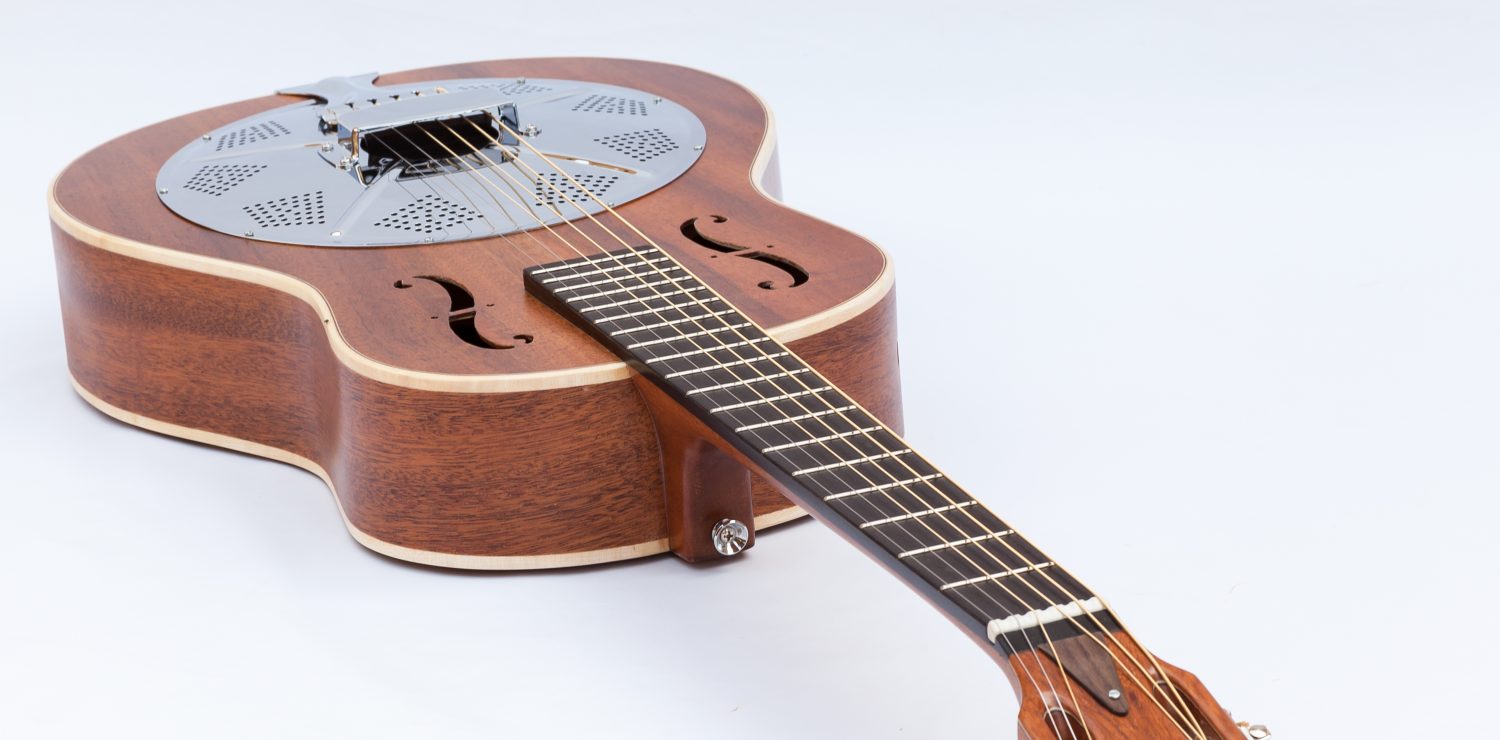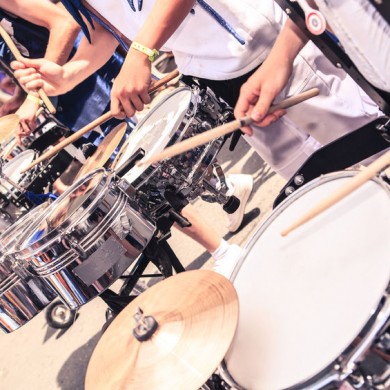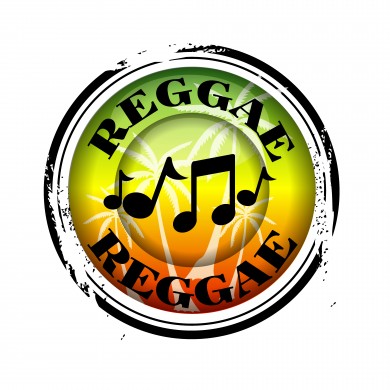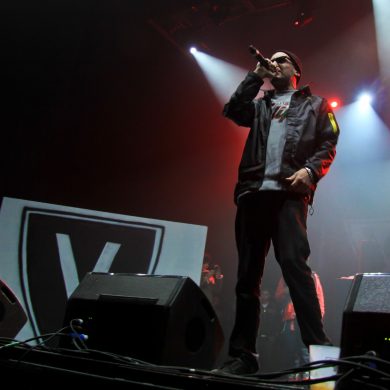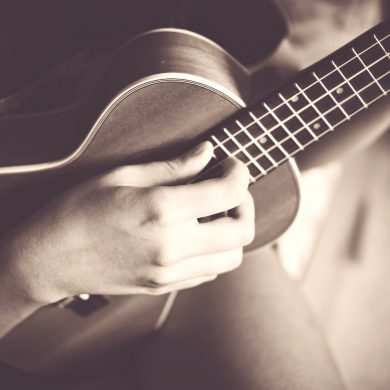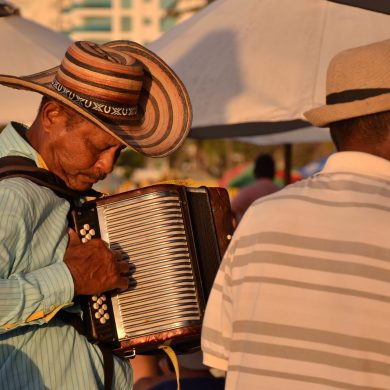The different types of contemporary Brazilian music are often related to their African sound heritage (also known as the Black Atlantic).
Very creative and polymorphous, their titles often focus on the problems of society. Their best-known genres are Bahian, funk carioca, Maranhão reggae and rap.
The essential influence of Afro-American and Caribbean rhythms
Emerging as a credible scene in the late 1970s, Brazilian contemporary music is fueled by the Afro-American and Caribbean sounds similar to the “Black Atlantic” of the time. It is inspired by the rhythms of soul, R’n’B and jazz.
In the metropolises of the south of the country, a new generation of artists, from disadvantaged populations, would quickly develop this musical heritage through hip-hop (also rap and funk). Also part of the tradition of tropicalismo (the equivalent of the hippie movement in Brazil), its pieces incorporated social demands or denounced the living conditions of the poorest.
Creativity, the common element shared by all contemporary music in Brazil
Even more than the traditional Brazilian samba, bossa nova, forro, or sertanejo (country) scenes, modern movements stand out for their high level of innovation. They do not hesitate to multiply mixtures of music previously very distant (rap and punk-rock for example) or the original instruments, often relying on the new possibilities offered by electronic technology.
From bar songs or light dance halls, from the bling of funk to passionate cries of misery, they offer an impressive variety of rhythms and genres. This trend has accelerated significantly since the 2000s with the emergence of new technologies which promote a permanent renewal of musical styles.
A music of the contemporary Bahian carnival, Axé
Inseparable from Salvador de Bahia and its carnival, axé (which means “positive energy”) is a music associated with the joy of living and Afro-Caribbean culture. Its melodies infuse the drums of frevo with the rhythms of calypso and jazz.
The music that makes all of Rio dance: baile funk
Born during the 1970s in the most disadvantaged strata of the carioca society, funk is distinguished by excessiveness and violence of its songs, especially during bailes (outdoor parties) on the weekends. Money, sexuality and social recognition are its recurring themes.
Brazilian reggae, contemporary music and sounds from Africa
Inspired by the Jamaican Rastafari movement, Brazilian reggae developed mainly in the old colonial city of São Luis de Maranhão, in Salvador de Bahia, Recife and in Nordeste in general but also in Rio and Sao Paulo. Its infusion with samba, which creates very upbeat melodies, allowed reggae to become popular throughout the country.
.
Contemporary music from favelas, Brazilian rap
Often referred to as ” hip-hop of the favelas”, Brazilian rap takes up the initial protest commitment of funk: its songs unabashedly expose social misery, racism and violence. Since the 2000s, it evolved towards associations with rock and soul.
